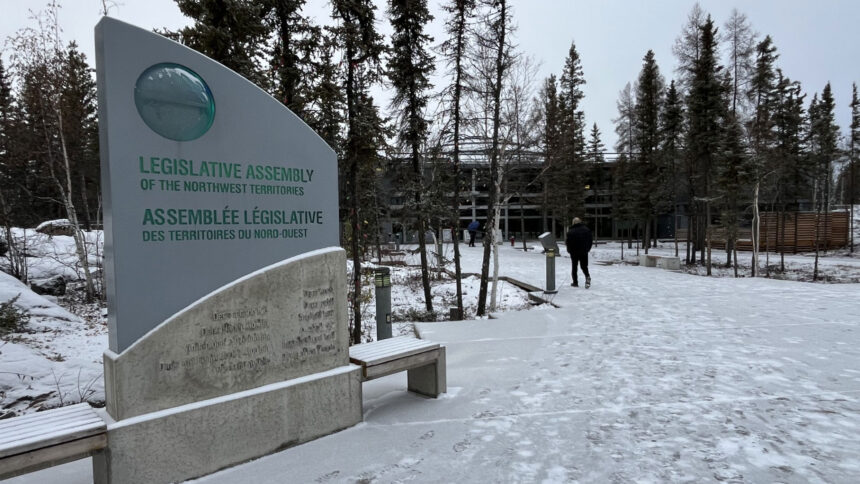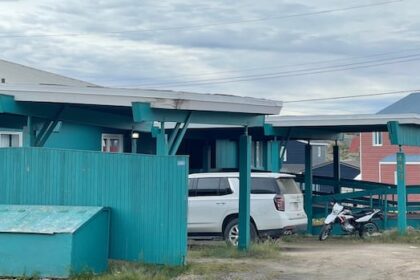A new housing report tabled by the Office of the Auditor General of Canada Tuesday says Housing Northwest Territories (HNWT) has not changed much to fix the housing crisis since the last audit. The latest audit focused on whether the territorial housing corporation provided Northwest Territories residents most in need with equitable access to housing and housing supports. It found that HNWT did not meet its own policy objectives and did not effectively manage the condition of the territory’s public housing inventory. “Many of the issues raised in this audit are not new. They were identified in our previous audits, in 2008 and 2012, and remain unresolved,” said Paule-Anny Pierre, senior assistant auditor general, presenting the report on behalf of the Auditor General of Canada. “We are disappointed at the lack of progress on some of these issues. While the auditor can raise the issues, the accountability lies with the corporation and with the assembly who can ask for action and monitor progress,” Pierre said. “Our work here is to provide the assessment-an independent view on how and whether the corporation met its own commitments that they have set. But I will turn it back to the to the corporation where the accountability lies.” The auditor general is responsible for analysing government departments to ensure they’re following their own guidelines and whether money is being spent within budget. While most of the auditor general’s work is with the federal government, the office is also responsible for reporting on Yukon, N.W.T. and Nunavut. Pierre noted that HNWT has developed a point-rating system for public housing allocation based on criteria such as affordability and applicants’ time on a waitlist. The Territorial Housing System requires local housing organizations to allocate public housing units using a point-rating system. Applicants with the most points should be allocated a suitable public housing unit first. Points are awarded according to various factors, with some factors being worth more points than others. Factors include suitability, affordability, amount of time on the waitlist, and family violence. But monitoring of how independent local housing organizations allocate public housing units by HNWT was limited, according to the auditor general. Instead, the auditor general found that HNWT did not have a systematic and consistent approach for monitoring issues related to public housing unit allocation and suitability. Instead, the corporation used the questions and concerns related to public housing that it received from members of the Legislative Assembly as a way to identify and address issues. The auditor general called the approach “reactive.” Because of the lack of monitoring, the auditor general says HNWT did not know whether units were allocated equitably, giving priority to those most in need. During the audit period, HNWT verified unit condition ratings for only half of the local housing organizations and maintenance was monitored “in an ad hoc and limited way.” The audit also found Housing Northwest Territories did not provide any of the local housing organizations with the required annual assessments. “I will say that what’s important today is action,” Pierre said. “This is the message that we want to convey. We tabled the report in the legislative assembly because the corporation is accountable. The assembly can now have the information…to hold the government to account for results and to monitor progress.” Continue Reading
New auditor general report finds little improvement in equitable access to housing in Northwest Territories

Leave a Comment










